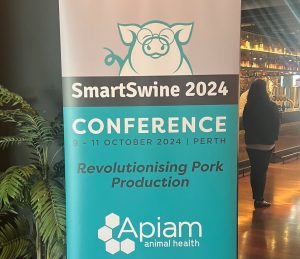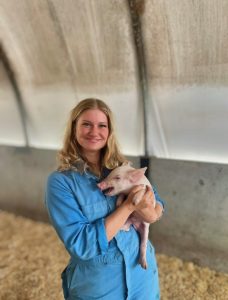Presented by Dr Hugo Dunlop at the recent Pub ‘n Pork Seminar Dinner meetings
With pressure from regulators and consumers to reduce or even eliminate the use of low doses of antibiotics in feed the use of water medication will be come more important to control disease outbreaks.
It is generally accepted that antibiotics remain an essential tool to treat, control and prevent disease in pig populations, however their proviso is that diagnostic testing results are available that demonstrate the pathogen involved and its antibiotic sensitivity. In other words, the days of using low dose antibiotics are quickly coming to an end.
Some of the key factors that influence effective water medication of pigs include system design, water quality, water flow rates, product solubility, dose rates and the period of time that pigs are being medicated.
In many cases, we have observed failures to effectively medicate pigs for all of these reasons, usually occurring without any knowledge of the producer who has expected that once the medication is in the stock solution that the pigs must be receiving the correct amount. All of these issues can result in the occurrence or continuation of disease events when pigs are thought to be medicated.
The Apiam Water Medication System has been developed to provide assurance that most of these issues have been addressed and are being monitored. Using remote monitoring, flow rates can be monitored to ensure that expected doses are being delivered over he appropriate time period. The system involves the a series of strategically placed filters, pressure gauges and monitors which enables multiple dosers and groups of pigs to be concurrently medicated.










